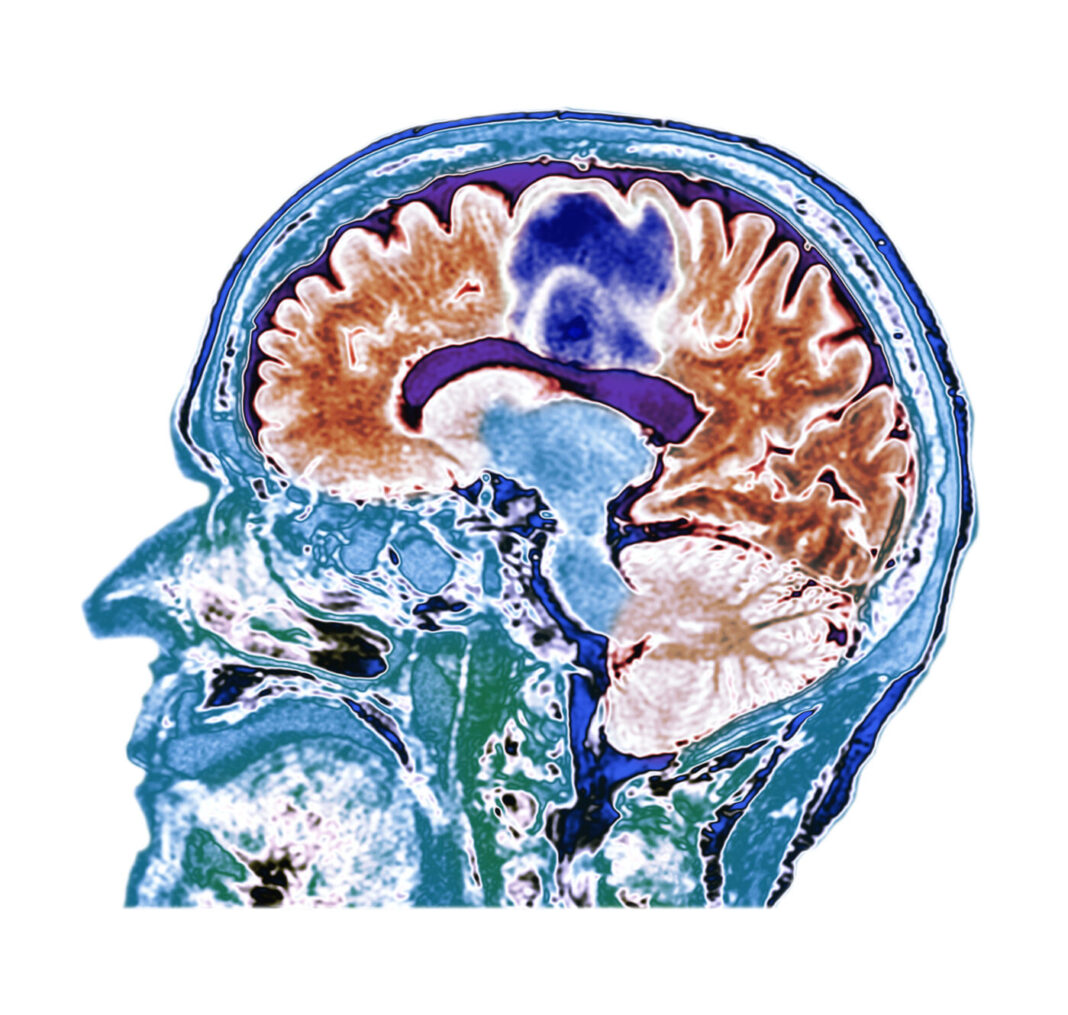Glioblastoma (GBM) is a brain tumor with a poor prognosis and therapies to date have failed to improve survival. Now, researchers at Vanderbilt-Ingram Cancer Center have demonstrated in a Phase I clinical trial that the DNA methylome can be modified in GBM.
The researchers showed for the first time that the DNA methylome of these brain tumors can be reprogrammed. The study was published in Cancer Research Communications, in a paper titled, “Phase I Study of High-Dose l-Methylfolate in Combination with Temozolomide and Bevacizumab in Recurrent IDH Wild-Type High-Grade Glioma,” and led by Stephen Clark, MD, PhD, a neuro-oncologist at Vanderbilt-Ingram Cancer Center.
The researchers sought to determine if re-methylation of IDH wild-type tumors could improve survival. They demonstrated that the DNA methylome of IDH wild-type, high-grade gliomas could be reprogrammed, but the study group was too small to ascertain the impact on survival.
“This is an important first step in understanding how we can manipulate the epigenome, and hopefully, this study will help design future epigenetic studies in glioblastoma treatment,” said Clark, who is assistant professor of neurology in the division of neuro-oncology at Vanderbilt University Medical Center.
The study provides greater insight into the dynamics of epigenetic reprogramming, which is an emerging treatment for enhancing immunotherapies.
“Epigenetic reprogramming is not a new concept; for instance, a DNA methyltransferase inhibitor treatment (5-Azacytidine) has been studied and is approved for the treatment of some leukemias. What is exciting about this work is that L-methylfolate acts oppositely to 5-Azacytidine; it increases the availability of the active folate for the DNA methyltransferases. Consequently, it could remethylate and repress genes activated during tumorigenesis,” said Lucas Salas, MD, PhD, assistant professor of epidemiology at the Geisel School of Medicine at Dartmouth and investigator in the Cancer Population Sciences Research Program at Dartmouth’s Norris Cotton Cancer Center.
The researchers plan to expand the study to include a larger group with a Phase II clinical trial of patients with recurrent glioblastoma. Future studies could also include combinations of epigenetic drugs with immunotherapy.


